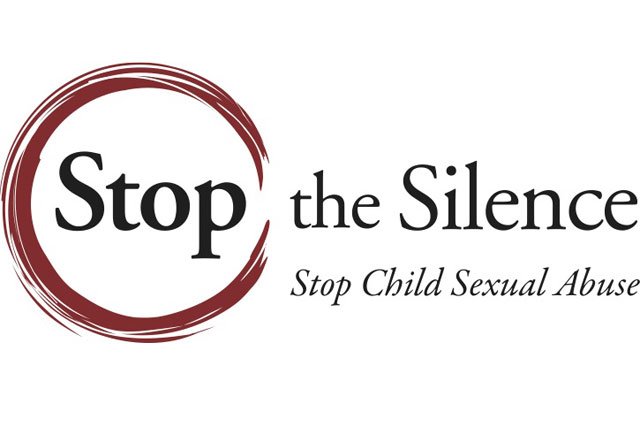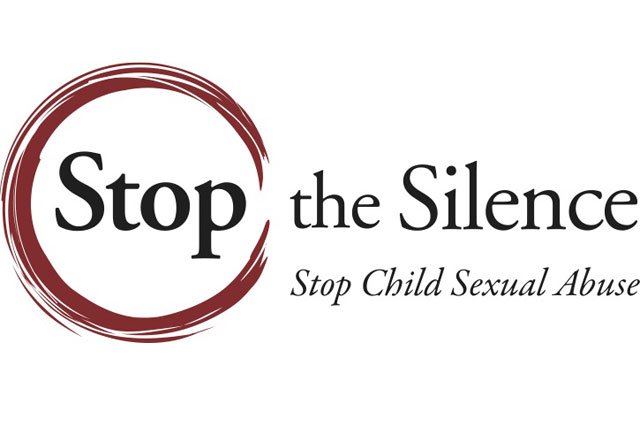I’m not a parent and I don’t plan to be. I’ve got too much stuff in my past that I’m afraid to pass on to another generation, and well, to be perfectly honest, I’m not all that fond of children even though they love me for some reason. Children are like cats in that they always go to the one person in the room who doesn’t like them or is allergic.
As a child, I was sexually abused in my home while my parents slept in the next room. When I told my mom about it, she didn’t believe me. My parents didn’t get me psychiatric help. They didn’t prosecute that bastard. They pretended it never happened. Worst of all, they let it continue.
FYI, that was absolutely the wrong thing to do. I never got justice. I was never told that it was not my fault. I never got any sort of psychological help, so all of that confusion, pain, shame, and guilt festered inside of me until it turned into anger when I was a teenager.
I was abused and nothing happened. It continued. Eventually, months after my big confession, he went away. He might have left on his own or they might have kicked him out. My memory of that time is pretty fuzzy. My brain was busy burying all that he did, saving it for later.
Since I’ve started writing about this awful chapter in my past, which hasn’t been that long really, even in the history of this blog, some of you have made comments about how you hope nothing like that ever happens to your children, and if it did, you’d like to think that you’d handle it better than my family did. That’s pretty sweet when it comes to it. The fact that you read my experiences, and the first thing you think of is your own children is a good sign.
I’d like to think that you would handle it better than my parents did too. I hope that my family’s handling of sexual abuse–that they brought under their roof and then ignored–is an anomaly. If anything, you couldn’t possibly handle it much worse than my family did.
So, this is a letter to parents who have read about my past, thought about your own children, and what you could do to make sure that never happens to them and what to do if it did. I don’t have any experience in parenting, but I do have experience being a child who was sexually abused.
You know your children better than anyone. You’ve been with them since the first moment. Good job! That, in and of itself, is a victory. You know what they’re like when they haven’t gotten enough sleep, their favorite activities and places, and what their personalities are like. This knowledge is your best tool, because when a child is being sexually abused, their behavior will change. They may lose interest in going to places they normally enjoy. A normally chatty child might become less talkative. They might cringe when you mention a certain person, place or thing that shouldn’t be cringe-worthy. If you’re paying attention, you can easily see these little signs. Children don’t have the best poker faces.
So, your child is acting strangely. Narrow it down. What in particular is making them act that way? Is it school? Is Billy Simmons bullying them or is it something more sinister? Talk to them. Ask them questions about their life. Why does going to summer camp make them cringe when it used to be their favorite place?
Listen to them. Communication is not a one way street. It’s not just about barraging them with questions; it’s about listening to the answers and putting all those puzzle pieces together. You’ve narrowed your child’s strange behavior down to summer camp. What is it about summer camp that makes them not want to go? It could be that they’ve simply outgrown it or it could be something entirely different and worse.
If summer camp is suddenly abhorrent to your child, don’t force them to go. They’ve already learned enough there and forcing them into that situation isn’t going to help anything. If your child is behaving strangely, talk to their teachers. They spend a lot of time with your kids and they probably have some ideas.
If your child somehow works up the nerve to come to you and tell you what the problem is, do not ignore it. Do not assume that they are making it up. They might not tell you directly because they don’t have the life experience or context to be able to say, hey, mom, Coach Willy is touching me inappropriately. Coach Willy has already convinced them that there’s nothing wrong with what he’s doing, it’s their little secret, and/or bad things might happen to everything and everyone they love if they tell anyone.
The amount of sheer guts it takes for a child to come to you and confess is astounding. That child is taking the biggest risk of their entire life by telling you. They will never make a bigger decision with more impact than that ever. So, if your child does hint around that there’s something not right about summer camp or Coach Willy, you best do something about it posthaste. Do not ignore it. Pull them out of there. And above all, get them some psychiatric help.
Being sexually abused is the most confusing and awful thing a child can go through. They are told by their abuser that there’s nothing wrong with it. Even though there’s absolutely nothing wrong with it, I WILL KILL YOU IF YOU TELL ANYONE. Talk about mixed signals. That’s so much for a little brain to process.
The worst part is that, because your child is still growing, that abuse will always be part of them. It is now a built-in feature like hearing or liking nacho cheese. It is, and always will be, a part of them. It’s unfortunate, but that’s the truth. Because it will always be there, you, as a parent, need to do everything in your power to help them learn to cope with it.
It won’t be easy for your child nor for you, and if you’re lucky, a lot of horribly candid conversations will happen. If you’ve built a strong bond with your child and they feel like they can trust you, it will be very difficult for you. The more they trust you, the more they will share and the more you will want to murder. Do not murder. It won’t solve anything. It won’t make your child feel any better having a parent in prison because of what happened to them.
Don’t let them bury it. Don’t ignore it. Talk to them about it. As difficult as it is for you to hear it, it’s even harder for them to talk about it. Above all, make sure they know it is not their fault. Tell them it won’t happen again and do everything you can to make that a true statement. Let them know you are on their side. Give them lots of big hugs and professional help and they’ll make it through. It won’t be easy, but it can be done.
I sincerely hope that none of you have to deal with this and that this advice is all for naught. I hope your children never have to go through what I went through, but if they do, I hope you deal with it better than my parents did.








